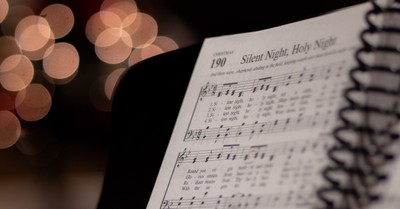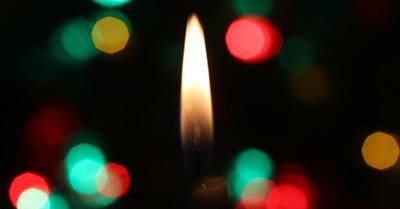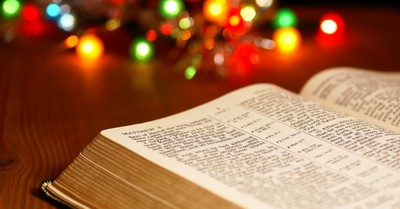Make the Most of Your Time
- Peter Beck Assistant Professor of Religion, Charleston Southern University
- Updated Nov 06, 2009

1. 24. 1440. 7. 168. 28. 30. 31. 744. 12. 365. 8760.
Alone these numbers are interesting symbols on the page. Separately you might recognize a few of them. Together they represent the passing of our lives, year by year, day by day, hour by hour. They are time.
Time is a precious commodity. Just ask those who don't have enough. Survey those who've lost some and get it back. Time spent is time forever lost to time.
Now, consider Paul's admonition to "redeem the time" (Ephesians 5:16). He certainly doesn't believe that we can buy back time spent. Nor does Paul think that we can buy more time for ourselves. Yet, he admonishes the church to improve the time to their own avail.
Of this verse Jonathan Edwards once preached,
And hence it is that time is a thing so exceeding precious, because 'tis by that that we have opportunity of escaping everlasting misery and of obtaining eternal blessedness and glory. 'Tis upon the improvement of time that there depends an escape from an infinite evil and an obtaining an infinite good. And this puts an infinite value upon time.
As yet another week of your life ends and another waits to begin, it's time to check the ledger of your life, to consider the investments you've made in eternity.
Have you spent your allotment of time wisely this week? Or have you squandered this great resource on things of temporal, momentary value?
Have you used your daily quota of time for God's glory and your good? Or did you while away the hours on things of little import?
Did you spend any time this week living for eternity rather than for the moment? Did contribute anything of eternal worth or did you miss another opportunity for everlasting gain?
How much time did you dedicate to things of God? How much time did you claim for yourself?
Would you spend your time differently, if you had a second chance? Would you give more of it away, if it were yours again?
Test yourself in the upcoming days. Count your hours. Note your minutes. Tally your days. Sit down. Write down everything you do for the next seven days, the next 168 hours. Ask yourself the hard question, "What did I do with the time that God has given me?" My hunch is that your spending it unwisely on things that are perishing rather than things imperishable. See if I'm right?
Take note, I am not saying that work is avoidable or unimportant. I am saying that perhaps less time spent pondering spreadsheets in your spare time and more time invested in the spiritual lives of your children would be time well spent. I am saying that hours passed in the word of God are of surpassing worth when compared to hours wasted on the Internet. Even minutes in spent in sharing your faith are infinitely richer than hours spent talking about the next big game or the latest political debate.
God has given us a special gift in time. How we act as stewards of that gift speaks volumes about our investment in eternity.
On another occasion much earlier in his life, Edwards resolved, "to live so as I shall wish I had done when I come to die."
Edwards understood what so few of us take into account. Time is too valuable to waste and too fleeting to hold onto forever. He sought to make the best use of it, to proclaim God's greatness, to lay claim, through faith, on the gospel for himself, and to be thrifty with it for the gain of others. He wanted to live so that at death he might not regret one moment of time.
The week is over. The time is lost. We can never reclaim a second of the past. The future knocks. Time will wait for no one. Make the most of what God has given you - for your benefit and his exceeding glory.
Peter Beck serves as assistant professor of religion at Charleston Southern University where he teaches church history and theology. While serving as senior pastor in Louisville, Ky., he completed his PhD in historic theology at The Southern Baptist Theological Seminary. His dissertation, The Voice of Faith: Jonathan Edwards's Theology of Prayer, is soon to be published. He, his wife Melanie, and their two kids, Alex (12) and Karis (7), live near Charleston, SC. Peter's goal for his teaching and writing ministries is "love from a pure heart and a good conscience and a sincere faith" (1 Tim 1:5).
Original publication date: October 2, 2009

.jpg)


















